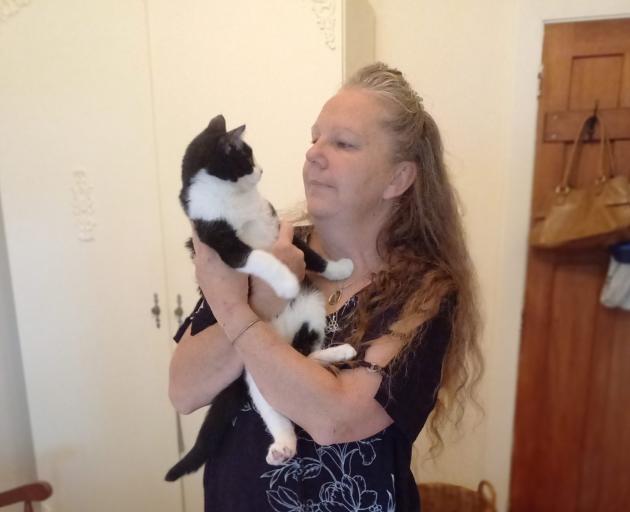
Rangiora cat rescue volunteers are calling for a bylaw to combat the region’s feral cat epidemic.
Karen Wilkes, founder of cat rescue organisation Kitty Kingdom Canterbury, and Tina Hartley are calling for a law requiring owners to get their cat desexed and microchipped.
They recently met with Waimakariri Mayor Dan Gordon and cited similar bylaws that have been adopted by the Selwyn District Council and the Wellington City Council.
The issue came to a head recently when a cat was found injured after being caught in a gin trap - normally used for catching possums - in central Rangiora.
‘‘We got the call about this cat which people had been feeding over the last few years,’’ Ms Wilkes said.

But this was just the tip of the iceberg, as there were numerous instances of cats being dumped near rivers and in rural areas.
‘‘People are just dumping cats and leaving them,’’ Ms Hartley said.
‘‘And if people dump them at the Ashley River they will harm the birdlife because they need food.
‘‘What Karen is trying to do is trap them, and then get them desexed and rehomed, so we can stop this population explosion.’’
Ms Wilkes said one female cat could have four or five litters of kittens in a year - with up to five in each litter - if she was not desexed.
Over eight years, more than two million descendants could be bred from one female cat, she said.
‘‘People are already threatening to poison or harm cats and some are already doing it - so something needs to be done.’’

However, he believed it would be difficult to enforce a bylaw.
‘‘I think in order for a bylaw like that to be successful, it probably needs to be adopted by all councils in the region.
‘‘This is to stop litters being born in Christchurch, where there is no bylaw, and being driven into rural areas to be dumped.’’
Kittens could be desexed at 10 weeks, or when they weighed 1kg. They could be microchipped at the same time.
Ms Wilkes called for a national database of microchipped cats to be developed.
‘‘I’m always scanning rescued cats and hoping, ‘Please let it be chipped’.’’
She was applying for grants to help people get their pets desexed.
- By David Hill
Local Democracy Reporter
Public interest journalism funded through New Zealand on Air.













